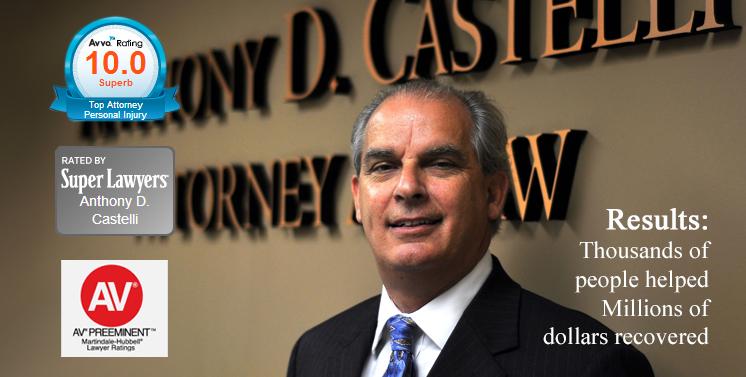Posted: December 14, 2018
Injury victims on Mediare could lose their benifits and have a treasury lien placed on their assets if the injury victim does not pay back Medicare for the medical bills Medicare paid that arise out of a bodily personal injury claim.
Medicare often pays for medical expenses incurred by a injury victim that was injured by the negligence of another. If the injury victim receives compensation for their injuries from a third party or even their own underinsured motorist coverage Medicare expects to be paid pack.
Medicare calls this a "conditional payment." There is a complicated procedure that Medicare has adopted to require you to pay back money they paid for your injury. This is difficult to navigate. If you understand how to work the Medicare bureaucracy you could even pay them back less than what they paid. Medicare uses a formula for reduction of the repayment based on procurement costs. (1)
Multiple Steps That Must Be Taken to Pay Back Medicare
Medicare at various places lists the steps that injury victims must take to pay back Medicare to ensure they do not lose benefits or get a lien attached.
1. it is incumbent on the Mediare recipient to report the the incident/accident/ to the Benefits Coordination and Recovery Center
2. The BRC then issues a rights and responsibilities letter.
3. Within 65 days of the rights and resposibility letter Medicare sends a conditional payment letter
This letter often contains bills totally unrelated to your case. You need to dispute those with affirmative prooof. Amazingly, I talked to a Medicare worker on the phone that straightened out $30,000 in claims down to $750. This is rare. Most of the time you have to go back and forth several times. This means waiitng on the phone sometime for 45 minutes or more. If you can not get the incorrect charges taken off there is limited recourse but you need to pay first.
4. The fourth step is to dispute any claims that do not apply. Bear in mind that if you are still treating more claims will come.You should allow 45 days until you hear something. As a pro tip and a critical piece is to track everything you send to Medicare. Especially a check. I have seen Medicare actually lose reimbursement checks that we sent in. So Track Evereything!.
5. When you are getting close to settlement send Mediicare another letter requesting an updated Conditional repayment amount. ( they say they want this 120 days prior)
6. Notify medicare of your settlement and Medicare will issue a demand letter
7. Send in your settlement details
Include date of settlement the amount and your attorney fee ( if you decided to hire an attorney) and expenses of litigation. Use the settlement detail document for this.
8. Wait for the final demand which should reduce what you owe by Medicare's prorata share of procurement costs.
9. Send Medicare a check
What if I Do Not Pay Medicare
Interest accrues from the date of the demand letter. if payment is not recieved within 60 days from the date of the demand letter you will be charged interest. The current rate is 10%. You will get an intent to refer letter to the Treasury Department 90 days after the demand letter. If full payment is not recieved witihin 60 days of the intent to refer letter it will be referred to treasury for collection. All the while interest is accruing.
Medicare could even suspend paying for medicla bills related to your injury.
Future Damages Need To Account Medicare's Interest
If you know you are going to have treatment after settlement you are supposed to set aside money to pay those bills. However, as to to those cases where there is no clear statement of further medical care it is critical to document that in your own records and to Medicare.
The reason for that is Medicare wants you to pay for expected future bills out of your settlement proceeds. But if there is no reasonable likelihood of future bills then nothing should be set aside.
Conlusion
One misstep could cause a lien to be placed on your assets. It is critical that the repayment to Medicare from your recovery be correctly handled. If that is done you may pay back signicantly less than what Medicare paid for your medical care for your negligently caused injury.
1. https://www.law.cornell.edu/cfr/text/42/411.37
Further Reading
Final Conditional payment Flow chart
About the Author
Anthony Castelli is a seasoned personal injury lawyer as well as a mediator.
Law Office of Anthony D. Castelli
Cincinnati, Ohio
513-621-2345


